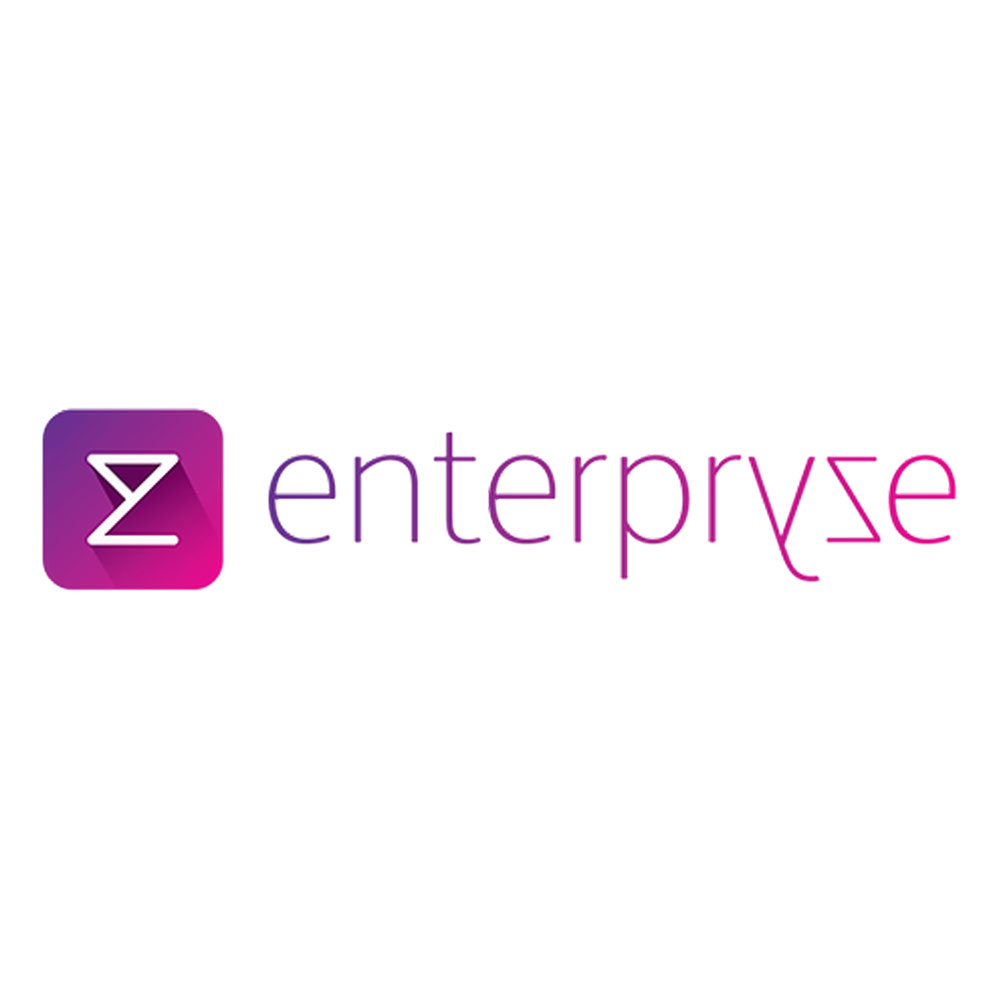
Business is variable. Business is complex and all businesses will need to navigate some form of change many times throughout it’s life. Therefore, the ability to manage change effectively is not just a desirable attribute but a fundamental necessity. Change management, the art and science of guiding an organisation through transformation, relies on a nuanced understanding of various quotients. These quotients, or dimensions, encompass the range of skills and capabilities required to navigate the choppy waters of change. In this latest article, I want to dive into change management by exploring its different quotients, share some examples and discuss some methods to evaluate them.
Emotional Quotient (EQ)

At the forefront of change management is the Emotional Quotient (EQ), often heralded as the beacon of leadership and interpersonal effectiveness. EQ is the ability to recognise, understand, and manage our own emotions and to recognise, understand, and influence the emotions of others. In the context of change management, a leader with high EQ is akin to a captain steering a ship through a storm with empathy, understanding, and clear communication.
Example: Consider a company undergoing a merger. Uncertainty and fear are rampant among the staff. A leader with high EQ will recognise these emotions, address them openly in team meetings, and provide support and reassurance, thus reducing anxiety and resistance to the change.
Evaluation Methods: EQ can be evaluated through 360-degree feedback, where peers, subordinates, and superiors provide feedback on an individual’s emotional intelligence. Tools like the Emotional Intelligence Test (https://www.truity.com/test/emotional-intelligence-test) can also offer insights into someone’s EQ by measuring self-awareness, self-regulation, social awareness, and relationship management skills.
Intelligence Quotient (IQ)

The Intelligence Quotient (IQ) is often associated with analytical thinking, problem-solving, and the ability to work with complex ideas. In change management, IQ plays a crucial role in understanding the technical aspects of the change, devising strategies, and making informed decisions.
Example: When a tech firm decides to implement a new IT system, the change manager must understand the technical requirements, anticipate potential challenges, and develop a detailed implementation plan. High IQ facilitates the analysis of complex information and the formulation of effective strategies.
Evaluation Methods: IQ is traditionally evaluated through standardised tests that measure various aspects of intelligence, including verbal comprehension, working memory, and perceptual reasoning (https://www.mensa.org/public/mensa-iq-challenge). While IQ tests can provide some insights, evaluating IQ in the context of change management should also involve assessing an individual’s ability to apply logical and strategic thinking to real-world scenarios.
Change Quotient/Adaptability Quotient (CQ/AQ)

Change Quotient (CQ) or Adaptability Quotient (AQ) is a measure of an individual’s or organisation’s adaptability and resilience in the face of change. It encompasses the willingness to embrace new ideas, the flexibility to adjust strategies, and the resilience to overcome setbacks.
Example: A retail company facing the challenge of digital transformation decides to pivot towards e-commerce. High CQ/AQ is demonstrated by the company’s ability to quickly adapt its business model, embrace online sales channels, and recover from initial teething problems without losing sight of its long-term goals.
Evaluation Methods: CQ/AQ can be evaluated through assessments that measure adaptability, resilience, and openness to change. Surveys and questionnaires designed to gauge employees’ attitudes towards change and their past behaviours in response to change can provide valuable insights. Additionally, performance reviews during and after change initiatives can help assess how individuals and teams adapt and perform. There are a lot of good resources on this at https://aqai.io/.
Learning Quotient (LQ)

The Learning Quotient (LQ) reflects an individual’s or organisation’s capability to learn from experiences and apply new knowledge effectively. In change management, LQ is critical for continuous improvement and for ensuring that the lessons learned during one change initiative enhance the success of future initiatives.
Example: After implementing a new software system, a company conducts a review session where team members discuss what went well and what didn’t. Insights gained from this session are documented and used to refine the approach for future projects, demonstrating high LQ.
Evaluation Methods: LQ can be evaluated through feedback mechanisms such as after-action reviews, lessons learned sessions, and continuous improvement cycles. The effectiveness of learning can also be measured by tracking the implementation of changes and improvements over time.
Digital Quotient (DQ)

In today’s technology-driven world, Digital Quotient (DQ) is becoming increasingly relevant. DQ refers to an individual’s or organisation’s ability to understand and leverage digital technologies for achieving business goals. Now this is probably should be one of the most heavily explored and understood, yet seems to pass many people by. Being digitally intelligent is pivotal in modern business.
Example: A traditional publisher embarks on a digital transformation journey, shifting from print to digital publications. High DQ is evident in the company’s strategic use of digital platforms for content distribution, marketing, and customer engagement.
Evaluation Methods: DQ can be assessed through digital literacy assessments, which measure an individual’s skills and knowledge related to digital tools and platforms. (https://www.testhero.org/learn/DQ-World)
For organisations, evaluating DQ involves examining the integration of digital technologies into business processes and the digital competence of the workforce.
Mastering the different quotients of change management requires a balanced approach, blending emotional intelligence with analytical prowess, adaptability, continuous learning, and a digital savviness. Through evaluating and developing these quotients, leaders and organisations can enhance their capacity to manage change effectively, ensuring they not only survive but thrive in the face of necessary transformation.
Until next time….








